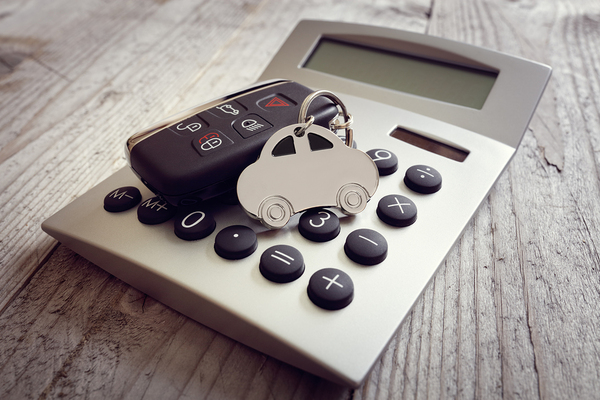How to Avoid Common Auto Loan Refinancing Mistakes
How to Avoid Common Auto Loan Refinancing Mistakes

Is refinancing your car right for you?
Should you refinance your car loan? It can be extremely tempting, and it might make strong financial sense. Like any financial decision, it should be considered carefully. Here are some great ways to ensure that you avoid common refinancing mistakes and get the best deal you can with a refinanced loan.
Know Your Score
Your credit score won’t be the only factor in whether or not you can refinance your car at a better rate, but it will be a big one. You should know what the refinancing companies are seeing when they access your credit report. It’s especially important if your score has improved since you bought your car, as a big jump in the numbers can mean a much lower interest rate.
Think Yearly, Not Monthly
The most common mistake is to only look for a lower monthly payment. Suppose, for example, you’ve got 12 months left on a car loan at $150 per month, but a refinancing deal will lower it to $100. Great, right? Except the term of the refinancing is 24 months, so in the end, you’ll be paying $600 more. That kind of “refinancing” isn’t worth it, even if your car payment is squeezing your budget. And that’s just the most obvious way you can wind up paying more for your car. Always do the math on not just a monthly level, but across the life of your loan.
Don’t Raise Your Rate
The interest on your car loan is ultimately the price you pay for it. The lower the interest rate, the less money you’ll pay for your loan. In that sense, there’s almost no scenario where a higher interest rate is an acceptable trade-off in refinancing your car. While you should always do the math to see if it ultimately works out in your favor, it rarely does. If you get back quotes with a higher rate, it’s likely not worth it.
That said, ask about refinancing discounts. Keep in mind, banks want your business. If a loan comes back at a higher rate, but you ask them for a discount, you might wind up with a lower rate after all.

Before taking the keys again, know what you’re signing up for.
Watch For Depreciation
As your car ages and builds up miles, it loses value. While the value of individual cars might vary over time, you should have a handle on what your car is worth now, and what it will be worth when your refinancing ends. If you’re going to be “underwater,” that is, owing more than the car is worth, then it’s simply not worth refinancing.
Read The Fine Print
Finally, remember that refinancing your car means signing a contract, and any contract is going to be full of language you need to examine closely. Financing companies will generally lay out their fees clearly, but there may be others buried in the fine print you might not notice until the bill comes in the mail. Similarly, when you refinance your car, it may affect other legalities tied to it, like warranties, insurance, or dealer incentives, so you should check carefully before committing.
If refinancing is right for you, you’ll save a bundle on your car. If you need a place to get started, check out the research from CarFoundMe.


